Follow our comprehensive guide to successfully rent a property in Dubai.
Just like when buying property, the first thing you should do is to determine your budget. How much of your monthly income can you comfortably allocate towards rent? The standard used by most property consultants is 30% of your gross income.
Remember, it's not just the monthly rent you need to budget for. You also need to factor in DEWA deposits (approximately AED 2000 for an apartment and AED 4000 for a villa), security deposits (5% of the annual rent), agent commission (5% of the annual rent) and moving costs.
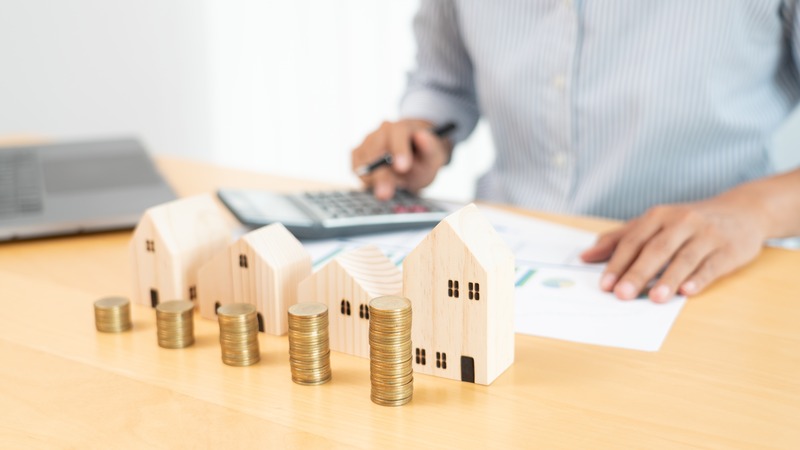
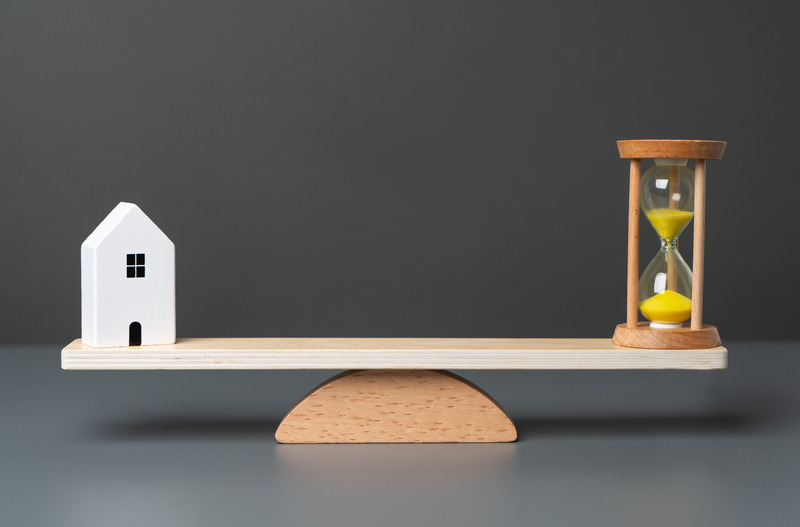
The next thing you want to think about is where you want to live. Based on your preference, lifestyle requirements and convenience, there are various residential and mixed-use communities across Dubai.
Location is always important. Consider proximity to your workplace, schools (if you have children), healthcare facilities, supermarkets, public transport and so on. You should also check if the locations you're interested in have the amenities you consider essential.
Now is the most suitable time to look for properties. You will now have a good idea of the price range you want to look in and the kind of locations you would prefer. Based on these, you will find properties ranging from cosy studio apartments to family townhouses and spacious luxury villas.
There are two ways of going about it: (1) property portals; and (2) appoint a property consultant. While property portals will give you a wide selection to choose from, a property consultant will be able to save you a lot of time by narrowing down your search to only show you properties that meet your requirements.

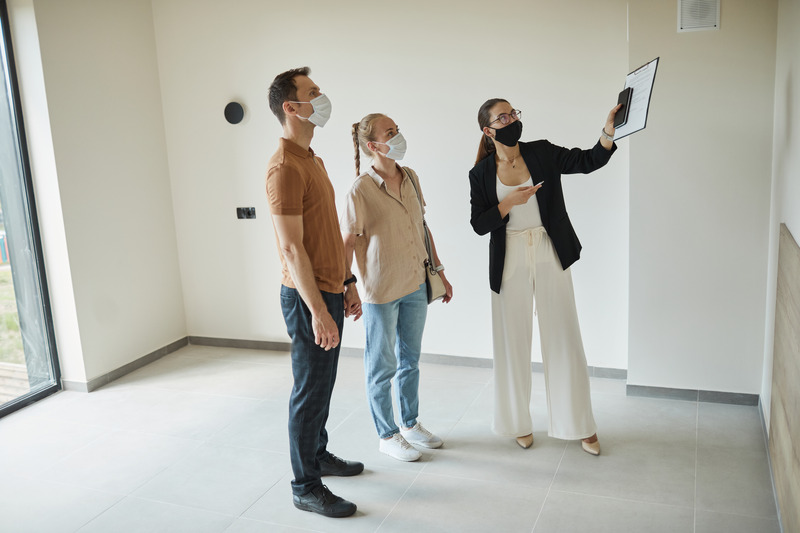
Don't be afraid to inspect properties a few times and at different times of the day. This will give you a good idea of noise levels, traffic patterns, and general neighborhood ambiance. Check the condition of fixtures, fittings, and appliances. Make sure all electrical outlets, plumbing, and air conditioning are working properly.
Ask the property consultant about the community, any maintenance issues, and service charges. Take photos during your inspections so you can compare properties later.
Once you have chosen a property, it's time to make an offer. In Dubai, it is standard practice to negotiate on the asking rent. Your property consultant can advise you on this based on market conditions and the condition of the property.
In addition to the rent, you should also negotiate on the number of rent cheques. Traditionally, rent in Dubai was paid with one cheque for the full year upfront. However, it is now common to pay in multiple cheques (2, 4, or even 6 or 12 cheques per year).
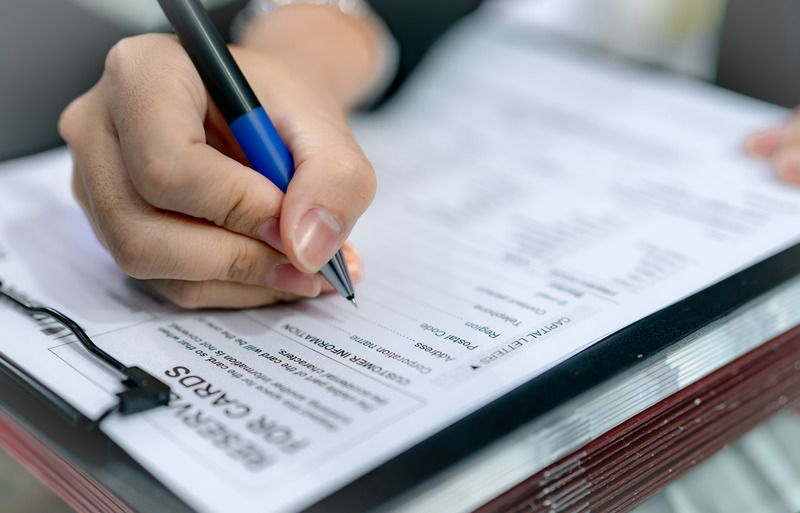
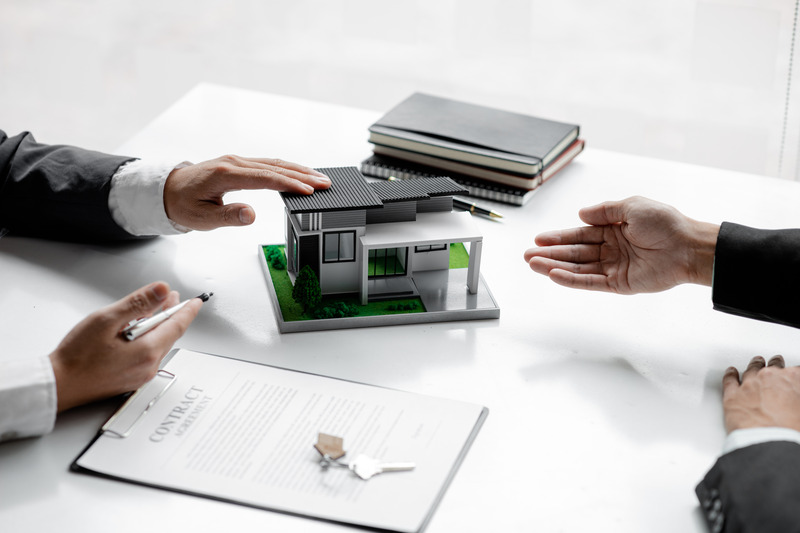
Once you and the landlord agree on the terms, you will need to sign a tenancy contract, also known as the RERA Unified Tenancy Contract. This is an official document that protects both the landlord and the tenant. It will include details of the property, the agreed rent, the rent payment schedule, the amount of the security deposit, and any other terms agreed upon by both parties.
At this stage, you will also need to provide post-dated cheques for the rent (as per the agreed payment schedule) and pay the security deposit (usually 5% of the annual rent).
Ejari is the Arabic word for 'my rent' and is the official registration of your tenancy contract with the Real Estate Regulatory Agency (RERA). This registration is mandatory for all rental properties in Dubai.
To register your Ejari, you will need the following documents:
There is a nominal fee for registering Ejari, which is AED 220. You can register your Ejari online through the Dubai REST app, at any typing center, or at any RERA-approved Ejari registration center.


The final step is to connect utilities and move in. The main utility provider in Dubai is DEWA (Dubai Electricity and Water Authority). You can apply for a DEWA connection online through their website or the DEWA app.
You will need to pay a security deposit (AED 2000 for an apartment, AED 4000 for a villa) and a connection fee (AED 110). You will also need to provide a copy of your tenancy contract, Ejari, and passport.
In addition to DEWA, you will also need to set up internet and TV services. The main providers are Etisalat and du.
Once all utilities are connected, you can move in and start enjoying your new home!
Our expert consultants are here to help you find your perfect home.
Contact Us TodayFor Sale
Neighbourhoods
TRPE Real Estate is a company registered in Dubai, United Arab Emirates (License No. 999314) located at Office No 1001, Ascott Park Place, Sheikh Zayed Road, Dubai. We are regulated by the Real Estate Regulatory Agency (RERA) under office number 28357.